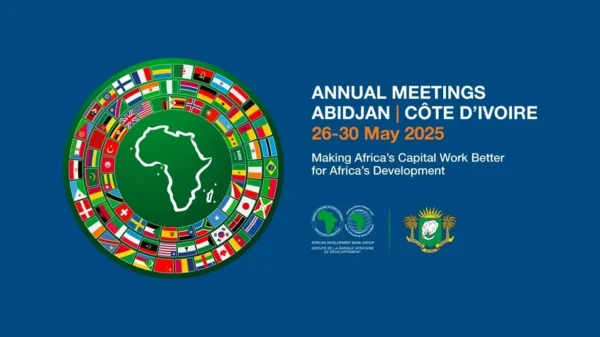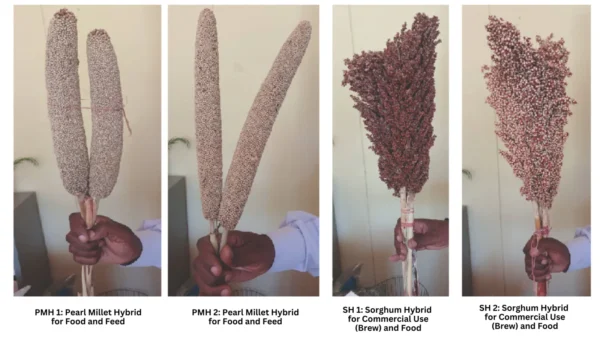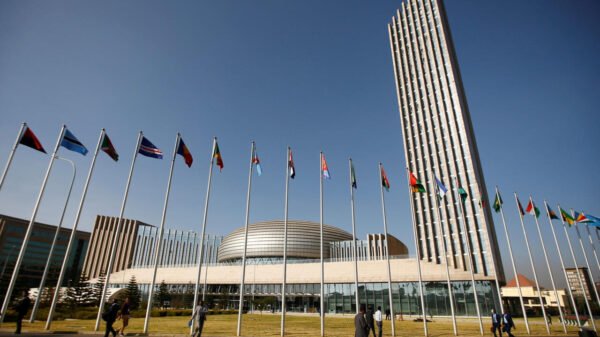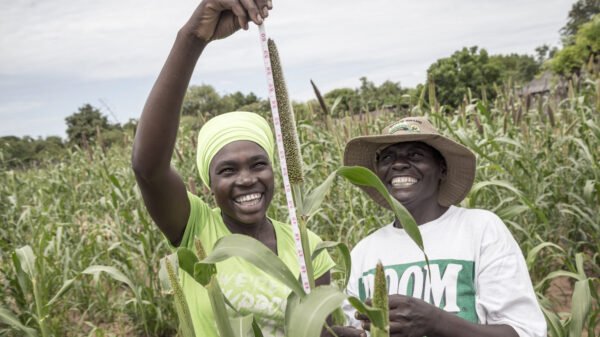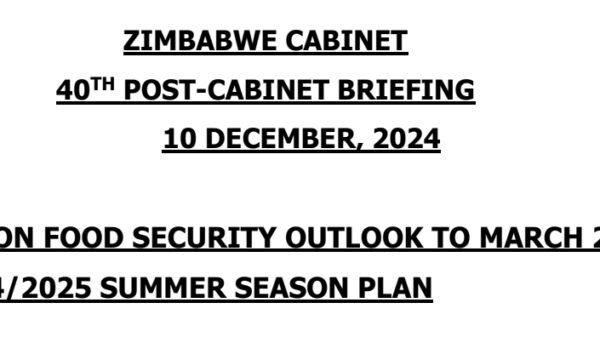CORRUPTION and mismanagement of public funds pose the biggest threat to Zimbabwe’s food security, with the ministry of Lands, Agriculture, Fisheries, Water and Rural Development failing to account for US$272 million in 2023.
We can reveal that Treasury made direct foreign currency payments on behalf of the ministry amounting to US$272 141 221 for the year ending 31 December 2023.
The acting Auditor-General, Rheah Kujinga, has raised a red flag.
“The transactions were not recognised in the respective PFMS [Public Finance Management System] and financial statements owing to lack of documentary evidence from Treasury. The transactions have remained unaccounted for in the Ministry’s financial records,” Kujinga writes in the Appropriation Accounts, Finance and Revenue Statements and Fund Accounts report.
In a scathing appraisal of the Agriculture ministry’s financial accounts, Kujinga warns that there is a risk that “the Ministry’s total expenditure for the year under review was materially understated.”
In response to the Auditor-General’s findings, the Lands ministry merely stated that it “recognised direct foreign currency payments made by Treasury in the PFMS for the financial year ending 31 December 2023”.
But commenting on the ministry’s response, the Auditor-General reiterates that US$272m remained unaccounted for.
“The Ministry only accounted for US$121 592 235 out of a total of US$393 733 435 leaving a
balance of US$272 141 221 unaccounted for,” says the Auditor-General.
Pattern of impunity
Every year, the Auditor-General’s office scrutinises public accounts and makes recommendations for the correction of shortcomings. However, the recommendations are seldom implemented. This places public funds and assets at greater risk of abuse.
In the 2022 audit, the Auditor-General made a finding that a total of US$256 961 565 in direct foreign currency payments was not accounted for by the Agriculture ministry. In 2023, this money was still unaccounted for.
“The Ministry made minimal progress in addressing prior year audit findings. Out of eight (8) findings raised, three (3) were addressed and five (5) were not addressed.”




